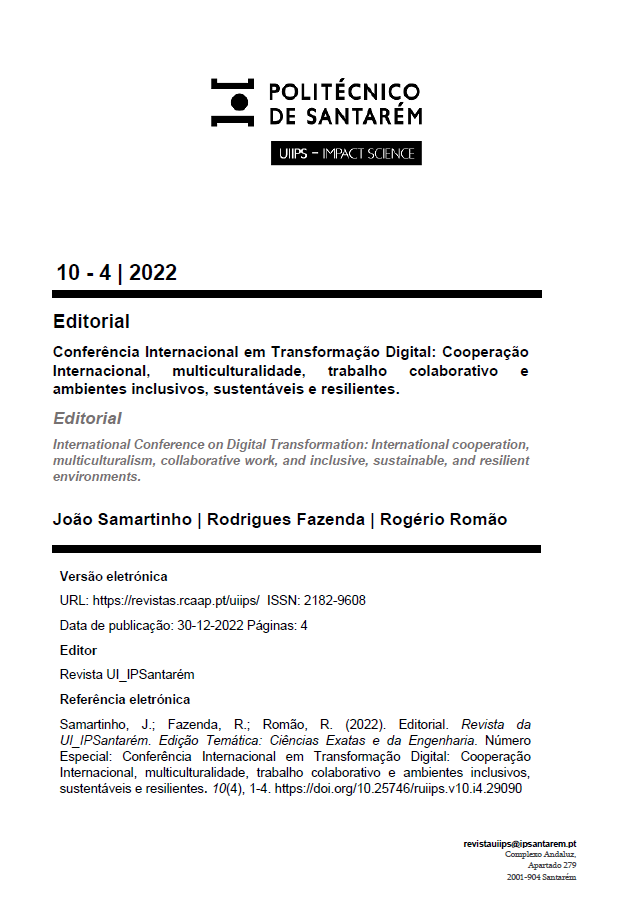From curriculum reforms to their contribution in improving the quality of education in the teaching and learning sub-systems in Mozambique
DOI:
https://doi.org/10.25746/ruiips.v10.i4.29101Keywords:
Teaching and learning, teaching quality, curricular reforms, subsystems, digital transformationAbstract
The main focus of this research is to understand the contribution of curricular reforms to improving the quality of teaching in the teaching and learning subsystems. learning in Mozambique through the discussion of: Curriculum Reforms; Curriculum Reform and the Teaching and Learning Process; the contribution of curricular reforms to improving the quality of teaching in the teaching and learning subsystems in Mozambique (General Secondary Education Reform (ESG); Higher Education Reform; Professional Technical Education and; Reform of teacher training); The Technology Policy and the digital transformation and; Quality of Education. Regarding the methodology, the research is of a qualitative nature, characterized as descriptive. At the end of the study, it was concluded that the curriculum reform in Mozambique assesses the teaching that forms citizens capable of knowing, knowing how to be, being and living with others and knowing how to do. This way of thinking about teaching led to the introduction of new disciplines and restructured teaching and learning. In short, curriculum reform in Mozambique to improve the quality of teaching is essential, as it favors the understanding of differences in the educational field, where it is analyzed that schools, when seeking to acquire such curricular adaptations, are, in fact, schools able to contemplate and respect the multiplicity of subjects that make up or not the classroom, in a democratic, inclusive, ethical and moral way. The digital transformation of schools and the teaching and learning process is crucial for the modernity and development of all forms of skills.
Downloads
Published
How to Cite
License
Copyright (c) 2022 Rodrigues Zicai Fazenda , Sérgio Mario Cofe

This work is licensed under a Creative Commons Attribution-NonCommercial-NoDerivatives 4.0 International License.
Authors publishing in this journal agree to the following terms:
Authors retain copyright and grant the journal the right of first publication, with the article simultaneously licensed under the Creative Commons Attribution License that allows sharing of the work with acknowledgement of authorship and initial publication in this journal.
Authors are permitted to enter into additional contracts separately for non-exclusive distribution of the version of the article published in this journal (e.g., publish in an institutional repository or as a book chapter), with acknowledgment of authorship and initial publication in this journal.
Authors have permission and are encouraged to publish and distribute their work online (e.g., in institutional repositories or on their personal webpage) at any point before or during the editorial process, as this may generate productive changes, as well as increase the impact and citation of the published work.



